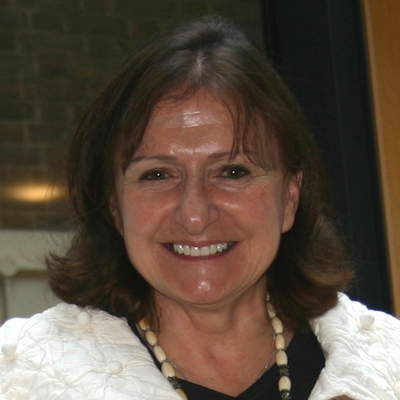 This post was contributed by Sasha Roseneil, Professor of Sociology and Social Theory and Director of the Birkbeck Institute for Social Research.
This post was contributed by Sasha Roseneil, Professor of Sociology and Social Theory and Director of the Birkbeck Institute for Social Research.
International Women’s Day is the moment each year to reflect on the ongoing struggle against the inequalities and oppressions that mean that women continue to be less than fully equal citizens. It is an occasion to stand back and think about how far we’ve come, what remains to be achieved, and how we formulate our demands for the future.
Since the late 18th century, the prospect of full and equal citizenship has animated generations of feminists. Yet citizenship is a troubling proposition for feminism because whilst it promises inclusion it always also enacts exclusion. Citizenship simultaneously creates insiders and outsiders – citizens and aliens, as well as good citizens and bad citizens. And whilst feminists have fought for a say in the running of states – as voters, workers, politicians and activists – feminism has also always been a process of exposing the limitations, restrictions and violence enacted by states through their constructions of citizenship. This paradox has intensified in recent years, as the notion of citizenship has become a buzzword in politics and academia, particularly in a Europe increasingly concerned with questions of borders and membership.
On the one hand, feminists have expanded the concept of citizenship beyond the classical concern with political citizenship, to articulate demands for wider social, cultural and economic change. The notion of intimate citizenship, for instance, has been developed to refer to the goal of ensuring that every person should be free to develop her own identity and sense of self, and the close personal relationships that matter to her, with the respect, recognition and support of the state and society. And the idea of economic citizenship refers to the right to work in the occupation of one’s choice, in a non-discriminatory job market, to earn wages adequate to support self and family and to access adequate social benefits when work is not possible. Both these concepts enable us to think more clearly about the extent to which feminist claims for full and equal citizenship have been realised. They help us to see the many successes of 20th century feminism in remaking citizenship for women. So, as well as opening up access to formal politics, women’s movements have meant that social benefits and welfare provision for women were established, economic participation and financial independence became possible, and self-determination and freedom of choice in intimate and sexual life were radically extended.
But, on the other hand, feminists continue to draw attention to the lived realities of those who are still not caught in the warm embrace of a full and equal citizenship – those suffering gendered violence and sexual abuse, the disabled and the dependent, members of minoritised, racialised and sexually excluded groups, illegal aliens and the “sans papiers”, the poor and precariously positioned, gender non-conformists and many others. From this perspective, feminism needs to ask whether the incompleteness of the victories of second wave feminism actually marks the limits of what is possible under the auspices of “citizenship”?
Perhaps there are fundamental flaws in citizenship as a feminist objective, tied as it is to the liberal individual and to the nation-state? Can the inherent vulnerability of the human body, and our fundamental human interdependence, ever be truly recognised and supported when citizenship adheres to the individual? Can the differences between peoples, and the singularity of each individual, really thrive under the universalistic intentions of citizenship?
This paradoxical situation produces a “can’t live with it, can’t live without it” relationship with the ideal of citizenship for feminism. And as with any attachment that seems to offer so much, that tantalises and teases, but that continues to fail to give us what we really want, we should ask ourselves whether we should hang on in there, trying to make the relationship work, or whether we should let go and move on? Is citizenship still an idea worth fighting for, or should we find a different language to express our yearnings for equality and our desire to belong?
Sasha Roseneil is editor of ‘Beyond Citizenship? Feminism and the Transformation of Belonging’, a new book exploring the current state and history of feminist politics (to be published by Palgrave Macmillan, March 2013), and co-editor of “Remaking Citizenship in Multicultural Europe: women’s movements, gender and diversity” (Palgrave Macmillan, 2012).


